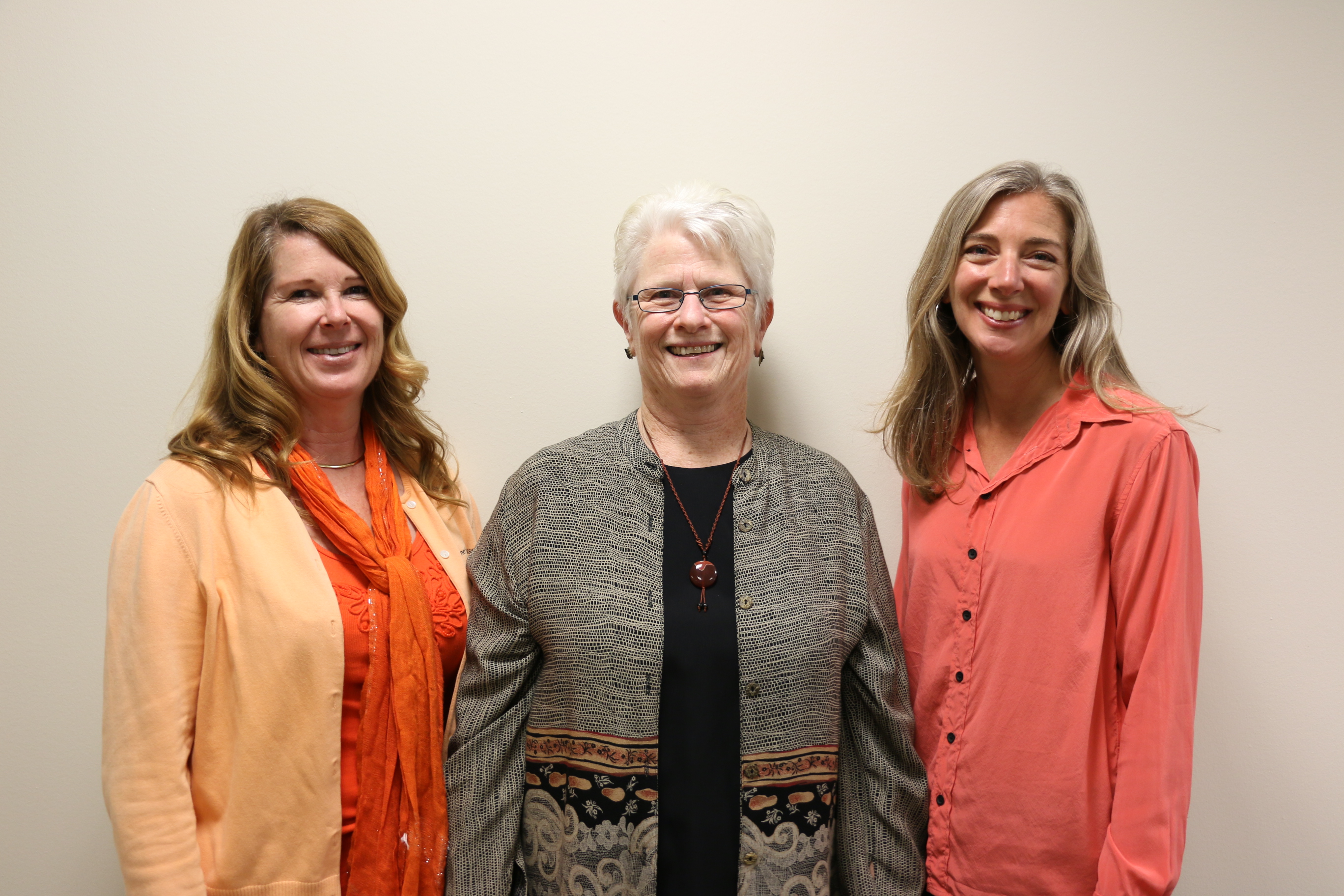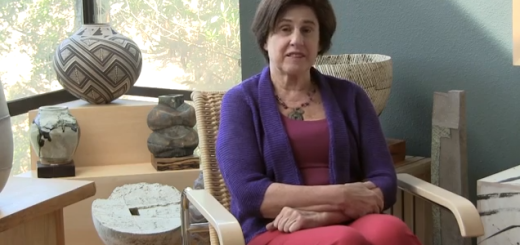National Caregivers Month: Our favorite tips for bathing
Caring for another person’s hygiene can be overwhelming – especially when they don’t like the idea, themselves! This next chapter in our caregiver tips focuses on bathing – which is often the subject of many of our caregiver questions. Following are a few tried and true tips to help make bathing easier courtesy of our Family Care Specialists Alex, Helen and Stefanie.
1. Find the cause of the resistance
Bathing is the activity that caregivers often dread the most! If showering/bathing is a constant struggle, start out by getting to the bottom of why. There is usually a root to the grief. Reasons can range from fear of falling and being cold to fear of the water that comes with each bathing session. Whatever the reason may be, find the cause and plan a strategy to mitigate it.
2. Try a new approach
As with many Alzheimer’s and dementia behaviors, trying a new or different approach and changing your perspective may do a world of good. Are you sure the person needs to get into the bath or shower again. Would using a bucket of warm water and a washcloth do an adequate job? No rinse shampoos and soaps are another great option””they can get the job done without having to deal with traditional shower situation. Another thing to consider is the expectation of how often the person should bathe. As adults, it is common to shower every day. However, this does not need to be applied as a schedule for the one you are caring for. As long as incontinence is not an issue, most cases do not call for this type of schedule. Seniors naturally do not produce the same amount of oils as younger people, so washing every day could cause their skin to get too dry and flaky. Consider bathing them once a week or one body part every two days.
3. Independence and inclusion
From the time we step into this world, we crave our autonomy. Why would this change when we age? As the disease takes a stronger hold, the person will continue to lose independence. The activities that used to be second nature have become almost impossible; now, someone does it for them. Oftentimes, caregivers completing hands-on tasks unintentionally emanate a presence of dictatorship or absolute control. This controlling presence might increase push back and dread of the activity. Instead, grant the person as much independence as they can handle.
One way of doing this is through inclusion. Give them the wash cloth to wash their arm rather than taking on the scrubbing yourself. If they are not able to go through these motions, take their hand and move it while you control the motion. This will bring more purpose to what you are doing by allowing the person to keep some independence. It can also help them participate in a muscle memory activity. If you must fulfill the task yourself, explain each step you take while you do it; “oh look at those cute feet! I am scrubbing the top, now the heel.” Though they cannot scrub themselves, they can still feel invited to the party.

Meet our Family Care Specialists (L-R)
Alex manages our respite program, assists families through our 24/7 Helpline, speaks on dementia research and a variety of dementia topics at our community programs and facilitates a local caregiver support group and early stage Alzheimer’s support group. She has experience as a State Certified Ombudsman, has a Masters degree in Gerontology and is a Credentialed Professional Gerontologist and Private Certified Geriatric Care Manager.
Helen is a native Californian who has lived in the bay area for most of the last thirty years.She manages the Northern Nevada and California chapter Helpline volunteers and facilitates a younger onset caregiver support group. Helen received her training as a licensed Marriage and Family Therapist. She will often have a canine companion at work, whose name is Scout.
Stefanie provides support and education to family caregivers, assists families through Helpline, presents educational workshops to the community and facilitates support groups for caregivers and early stage Alzheimer’s disease. Stephanie has an MSW from University of Washington.
Helpful information related to this story:
Read more caregiver tips from our Family Care Specialists
Read all about bathing on our web site
Honor a caregiver this National Caregivers Month


















I had to go to having another person come in to do actual showering. My spouse shows more resistance with me. It has worked better for him an myself. We still deal with the resistance on
many other matters such as when needing depends changed an cleaned up. His resistance is so that
lifting him or body parts is very difficult. Plants himself firmly in chair, feet on floor, an when comes to lifting him from chair he makes very difficult. Any suggestions?
I appreciate the work all Alzheimer’s caregivers are doing more than I can say. My grandmother passed away 21-years ago after suffering over 8-years with the disease, and my mother has been in a memory care unit with Alzheimer’s for the past four years. With many boomers destined to suffer from the disease we must find a cure or way to slow it’s progression. I spend a good amount of my time fund-raising for the Alzheimer’s Association – I have been named to a 20-person race team who will be running the Boston Marathon on April 20 with a team goal of raising $200,000 for funding the care of those suffering with the disease and for research grants. Donations of any amount all go for those purposes. Please check out: https://www.crowdrise.com/alzheimerassociationboston2015/fundraiser/markstruble